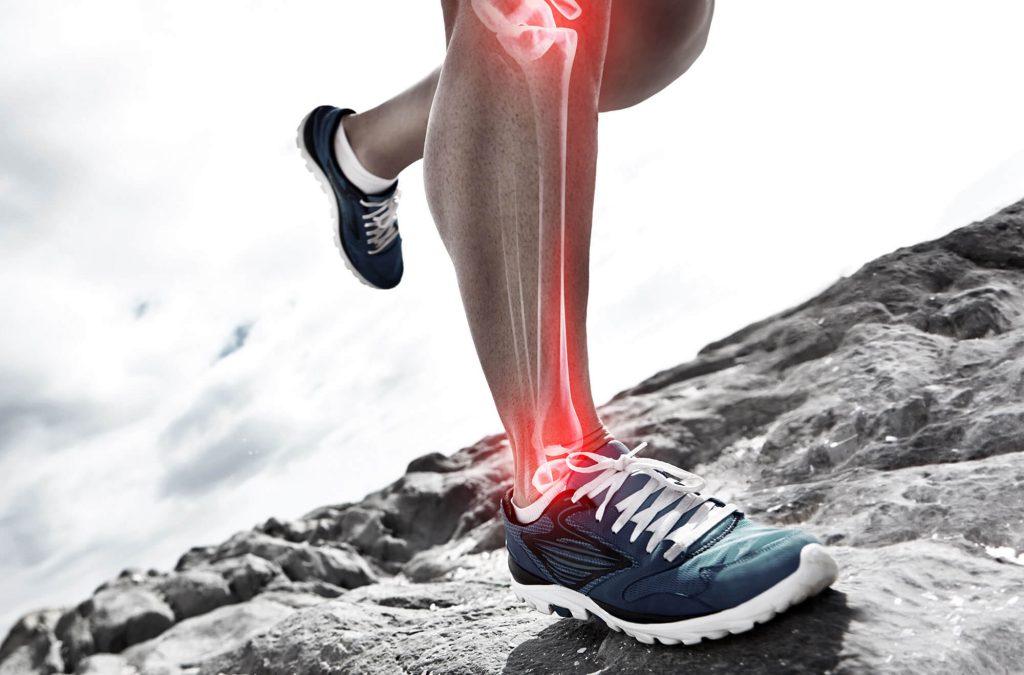
Bone Health Test -Men and Women
This screening focuses on three key biomarkers that contribute to bone health: Vitamin D level in the blood, thyroid function, and bone density to identify osteoporosis risk.
The basics of bone health screening.
Overall, osteoporosis is significantly underdiagnosed. Osteoporosis literally means “porous bone.” It is a disease in which the body loses too much bone, or loses it too quickly. Porous bones can lead to bone fractures due to falls or impact. With severe disease a single sneeze or cough could cause a fracture. According to the National Osteoporosis Foundation, about 54 million Americans have osteoporosis or low bone mass.
Osteoporosis is expensive both in physical injury and dollars. By 2025, experts predict that the disease will cause approximately 3 million fractures and cost more than $25 billion annually.
Most importantly, osteoporosis is a silent disease. Most people do not know they have it until after they break a bone. Bone health screening using the bone health tests that Life Line Screening offers can provide an early sign of disease when lifestyle changes and medication can make a big difference.
Keep in mind that some medical disorders and procedures can contribute to bone loss, such as certain forms of cancer, blood disorders, hormonal disorders, and neurological disorders, including stroke.
Why is men’s bone health screening important?
While men may think of osteoporosis as a woman’s disease, the truth is that men suffer from it to. Everybody needs strong bones to avoid osteoporosis, which can lead to fractures that take valuable time to heal and can hamper activity and mobility.
According to the Academy of Nutrition and Dietetics, men should get 1,000 milligrams of calcium a day from either foods or supplements. As you hit age 70, the number rises another 200 milligrams to 1,200 a day.
This isn’t as much as you might think. Just three servings a day can meet these needs and protect your bone density. A serving of calcium can come from simple things like 1 cup of milk, 1 cup of yogurt (look for the low fat or fat-free kinds) or 1 cup of fortified soymilk. Leafy greens like kale and collards are also good sources of calcium.
Why does women’s bone health screening matter?
Women are more likely to develop osteoporosis and its early stage cousin, osteopenia.
In fact, the National Osteoporosis Foundation states that of the estimated 10 million with osteoporosis, about eight million are women. Women tend to be smaller than men and have thinner bones to begin with, and many don’t get the bone building nutrients they need. In addition, estrogen protects bones, but it diminishes as women age, leaving them vulnerable to osteoporosis.
This matters because approximately one in two women over the age of 50 will break a bone due to osteoporosis. Bone breaks can be serious, requiring extensive medical treatment and physical therapy after the fracture heals. In particular, hip fractures are quite dangerous. The CDC says that women experience three-quarters of all hip fractures. Broken hips are notoriously difficult to heal from and may lead to a person being unable to live independently.
Bone Health Test details
Vitamin D and thyroid function are analyzed using a simple finger-stick blood sample. Osteoporosis risk is detected using an ultrasound scan of the shinbone using a hand-held wand. It is fast, reliable, and easy.
Combining these three tests creates a comprehensive screening for bone density, and is important for both men’s bone health screening and women’s bone health screening.
Screening results
Thyroid function: measures TSH (thyroid stimulating hormone) levels in the blood, which can indicate an overactive or underactive thyroid. Thyroid testing is an important bone health test because thyroid hormone affects the rate of bone replacement. If you have too much thyroid hormone it can affect your bone density by speeding up bone loss.
Vitamin D level: Measures both vitamin D3 (naturally occurring) and D2 (from vitamin supplements). Vitamin D testing is important for creating a healthy bone density level because it helps your body absorb calcium and contributes to the health of the muscles that support the bones.
Osteoporosis risk: an ultrasound scan of the shinbone to identify irregular bone density. While this is not a diagnosis of osteoporosis, ultrasound bone health screening can identify risk without radiation or the high cost of a diagnostic X-ray. If the screening is abnormal, it is important to visit a doctor and get the “gold standard” test, an X-ray called a DXA (pronounced DEXA).
Who is this screening for?
- Women approaching or in menopause
- Adults with a family history of osteoporosis
- Adults who are small and thin
- Adults who have broken a bone after age 50
Ages
Frequency
Schedule this Screening
*Screening availability may be limited by location.
References:
https://www.nof.org/patients/what-is-osteoporosis/
https://www.eatright.org/health/wellness/preventing-illness/ensuring-bone-health-for-men
https://www.nof.org/preventing-fractures/general-facts/what-women-need-to-know/
https://www.cdc.gov/homeandrecreationalsafety/falls/adulthipfx.html
http://www.btf-thyroid.org/information/leaflets/30-thyroid-disorders-and-osteoporosis-guide